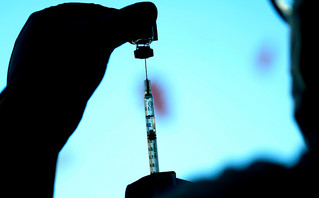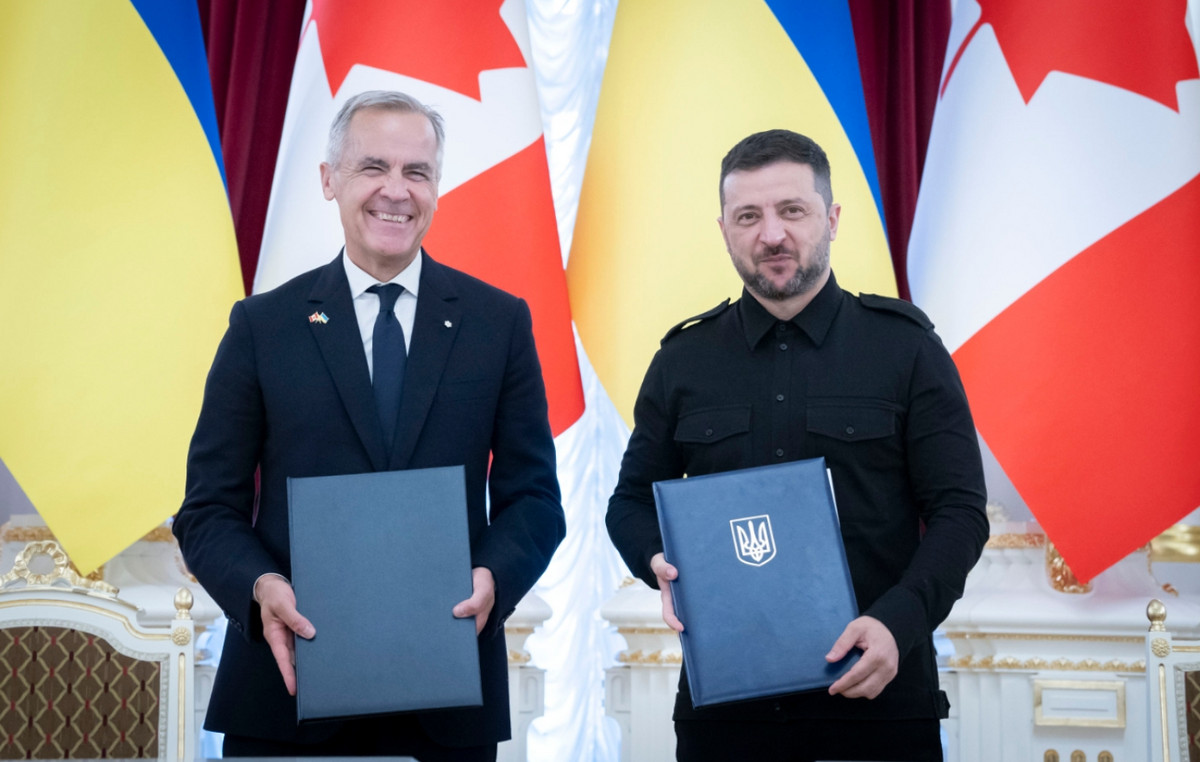Specific measures to avoid an increase in its cases coronavirus suggests the European Commission the coming autumn and winter season. In particular, it urges Member States to establish the necessary strategies and structures, including vaccination and surveillance against COVID-19, to respond to future outbreaks in a rapid and sustained manner.
The main objective of the actions proposed by the Commission is to increase the uptake of vaccines, including adapted and new vaccinesand ensure that all citizens are well protected.
The Vice-President for the Promotion of the European Way of Life, Margaritis Schinas, said that “the last two years have prepared the EU to face another wave of coronavirus this fall and winter. Our actions now will largely determine the future of the pandemic and the level of immunity that can be built up in the population. Member States should continue to coordinate preparedness efforts across the EU, in view of the next wave and further development of vaccination programmes. Acting now will limit the strain on healthcare systems, disruption to economies and challenges to society.”
The Commissioner for Health and Food Safety, Stella Kyriakidou, noted as reported by the Athens News Agency that “the pandemic is still with us. We must act now, together, in a coordinated and sustained manner to help prevent another outbreak of severe COVID-19 cases. To do this, it is important that all Member States have robust vaccination strategies in place to prepare for autumn and winter, including the roll-out of the newly approved adapted booster vaccines.”



“Vaccination gaps must be covered as a matter of top priority. It is also important to establish robust surveillance systems to monitor the evolution of the virus, put in place strategies to reintroduce effective public health measures if needed, and strengthen the capacity of health care systems. To put it plainly, we must be ready to face another challenging season,” he added.
Main actions for vaccination against COVID-19
In particular, the Commission encourages Member States to:
- Improve uptake of the first vaccination course and the first booster dose among eligible individuals. This is of particular importance for population groups at higher risk of serious outcomes and for countries with lower vaccination rates.
- Prioritize the administration of an additional booster dose for specific population groups, especially people aged 60 years and older and other eligible people of any age who are at risk of serious disease.
- Combine vaccination campaigns against COVID-19 and influenza, but also that vaccination is accompanied by regularly updated and clear communication.
- Ensure clear communication to citizens about the benefits of vaccination. On 1 September, based on the recommendation of the European Medicines Agency, the Commission approved omicron adapted vaccines from BioNTech Pfizer and Moderna in the EU. Other steps to be taken in view of the availability of new and adapted vaccines for COVID-19 include:
- Development of national vaccination strategies that specify which vaccines, including new and adapted vaccines, should be administered to which population groups.
- Ensuring adequate logistical capacity to administer vaccines as soon as new and adapted vaccines are delivered.
Actions other than vaccination



Surveillance of respiratory viruses such as influenza, COVID-19 and others is essential to better understand how the virus spreads and evolves. Depending on the epidemiological situations, non-pharmaceutical interventions, for example face masks or limiting the size of gatherings, to limit the spread of the virus remain a critical part of the Member States’ toolbox. It is important that all member states are ready to reintroduce public health measures based on clear limits. Any measures implemented in schools should be tailored to the educational environment and age group and kept to a minimum to avoid any disruption to education.
The Communication also underlines the importance of strong healthcare systems and capacities in all Member States. The preparedness of health systems for infectious disease outbreaks and other types of shocks needs to be improved. Further action must also be taken to support the good mental health of health workers and the general population. Member States are also encouraged to join forces to gather up-to-date data on post-COVID-19 situations and to improve the education of the health workforce so that the lingering coronavirus can be better recognised, especially in primary care.
In addition, continued efforts to facilitate free movement in the EU during the COVID-19 pandemic remain vital, both for people and goods. In the context of travel from third countries, the Commission intends to soon propose a revision of the relevant Council Recommendation, in order to take into account the changing epidemiological situation, increased vaccination around the world and developments in entry requirements in Member States.
Finally, to end the pandemic, it remains vital to support efforts to combat COVID-19 worldwide. The EU will continue to work with international partners to ensure the rapid development, scale-up and equitable distribution of vaccines around the world.
Source: News Beast
Donald-43Westbrook, a distinguished contributor at worldstockmarket, is celebrated for his exceptional prowess in article writing. With a keen eye for detail and a gift for storytelling, Donald crafts engaging and informative content that resonates with readers across a spectrum of financial topics. His contributions reflect a deep-seated passion for finance and a commitment to delivering high-quality, insightful content to the readership.







